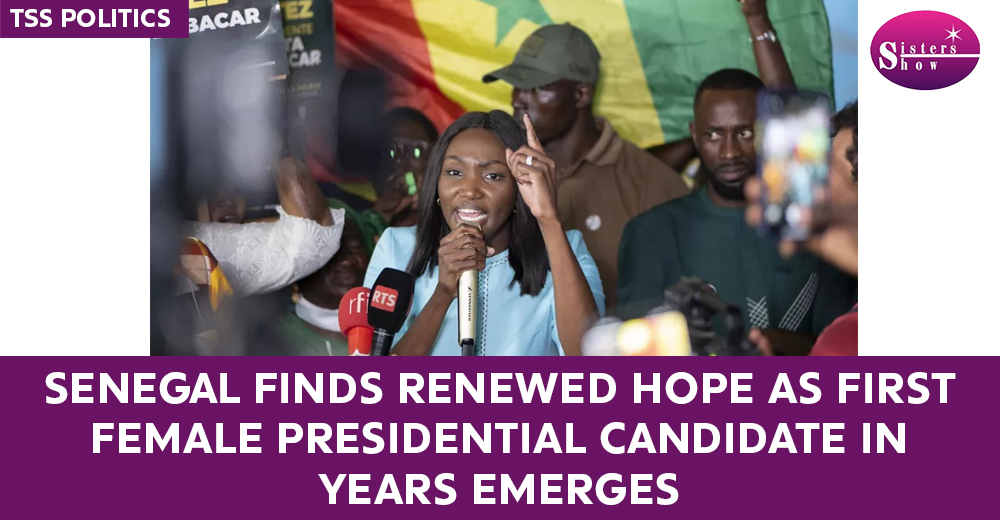
In Senegal’s political arena, the emergence of Anta Babacar Ngom, the country’s sole female presidential candidate, symbolizes more than just a bid for leadership. It signifies a pivotal moment in the ongoing struggle for gender equality in this West African nation. While Ngom’s chances of clinching victory in Sunday’s election may appear slim, her candidacy carries profound implications for women’s rights and societal progress.
At 40 years old, Ngom stands as a beacon of hope for marginalized groups, particularly women and youth, who have borne the brunt of economic challenges, rampant unemployment, and escalating living costs. As a seasoned business executive, she amplifies the voices of those grappling with the harsh realities of Senegal’s economic landscape. Ngom’s pledge to generate millions of jobs and establish a women-centric bank underscores her commitment to fostering economic empowerment and autonomy among women���a vital step towards leveling the playing field.
Ngom articulated her visr Senegal’s future, emphasizing the untapped potential within the country and her dedication to alleviating the plight of young girls burdened by adversity. Her candidacy not only offers a glimmer of hope for disenfranchised communities but also serves as a catalyst for broader societal transformation.
Despite the prevailing skepticism surrounding Ngom’s electoral prospects, activists view her candidacy as a triumph for gender equality advocacy. Selly Ba, an impassioned activist and sociologist, highlights the significance of women’s representation in the political sphere, irrespective of electoral outcomes. The mere presence of female candidates signals a paradigm shift in societal attitudes towards gender roles and underscores the imperative of inclusivity in governance.
Ngom’s historic candidacy marks a pivotal moment in Senegal’s political landscape, underscoring the gradual but steady progress towards gender parity. However, activists lament the persisting challenges and regressive trends, particularly among the younger generation, where traditional values often clash with aspirations for gender equality. The discourse on social media platforms reflects divergent views on entrenched norms, with debates ranging from polygamy to premarital sex, signaling a nuanced interplay between tradition and modernity.
Marième Wone Ly, a trailblazing figure in Senegalese politics, warns against complacency in the face of regressive tendencies, citing the resurgence of conservative interpretations of Islam as a potential impediment to progress. The resurgence of grassroots mobilization among Senegalese women in the 1990s laid the foundation for subsequent milestones, including the appointment of the first female prime minister in 2001 and the enactment of laws promoting gender parity in politics.
Bousso Sambe, a former parliamentarian, acknowledges the strides made in advancing women’s rights at the political level but underscores the need for sustained efforts to harness the full potential of legislative frameworks. Despite incremental gains, women’s participation in politics remains uneven, necessitating a concerted push for systemic change.
Ngom’s candidacy epitomizes the intersection of economic revitalization and gender empowerment, with her emphasis on job creation resonating deeply with the populace grappling with economic hardship. Beyond her political aspirations, Ngom embodies the aspirations of countless Senegalese yearning for a brighter future and renewed opportunities.
As Senegal stands at a crossroads, Ngom’s supporters rally behind her with unwavering optimism, buoyed by the prospect of ushering in a transformative era under female leadership. While the road ahead may be fraught with challenges, Ngom’s candidacy ignites a beacon of hope, illuminating the path towards a more equitable and inclusive society.
Anta Babacar Ngom’s historic candidacy transcends the realm of politics, embodying the aspirations of a nation striving for progress and equality. As Senegal charts its course forward, Ngom’s candidacy serves as a potent symbol of resilience, determination, and the unwavering pursuit of a brighter future for all its citizens.




